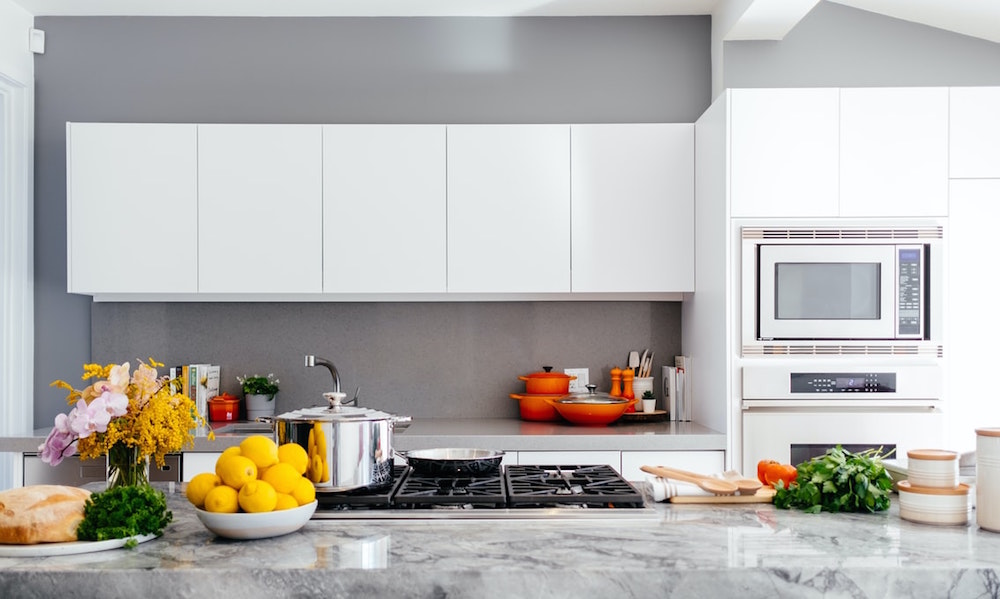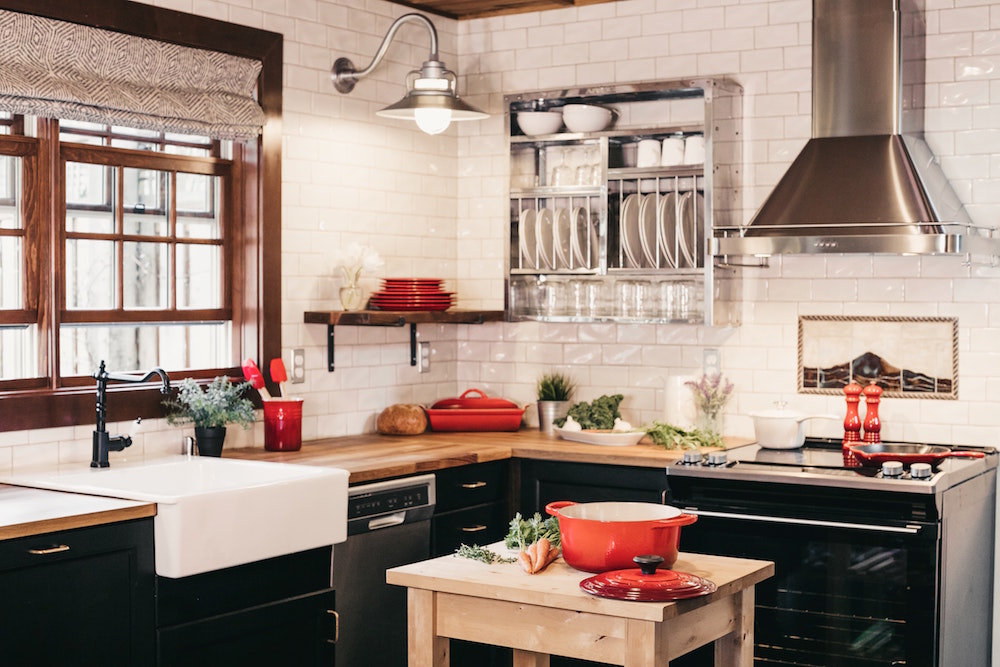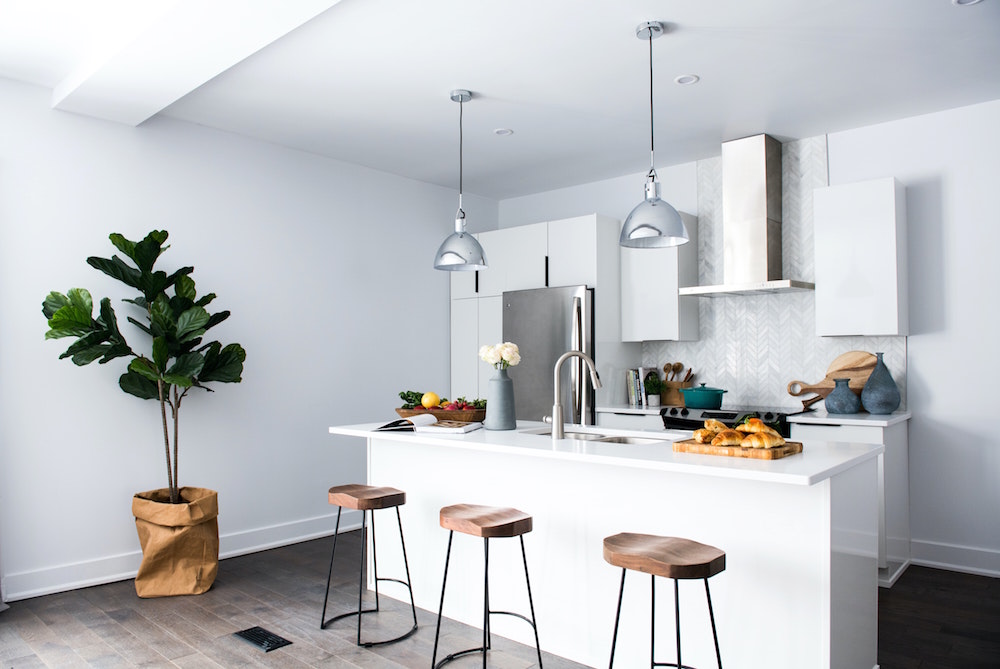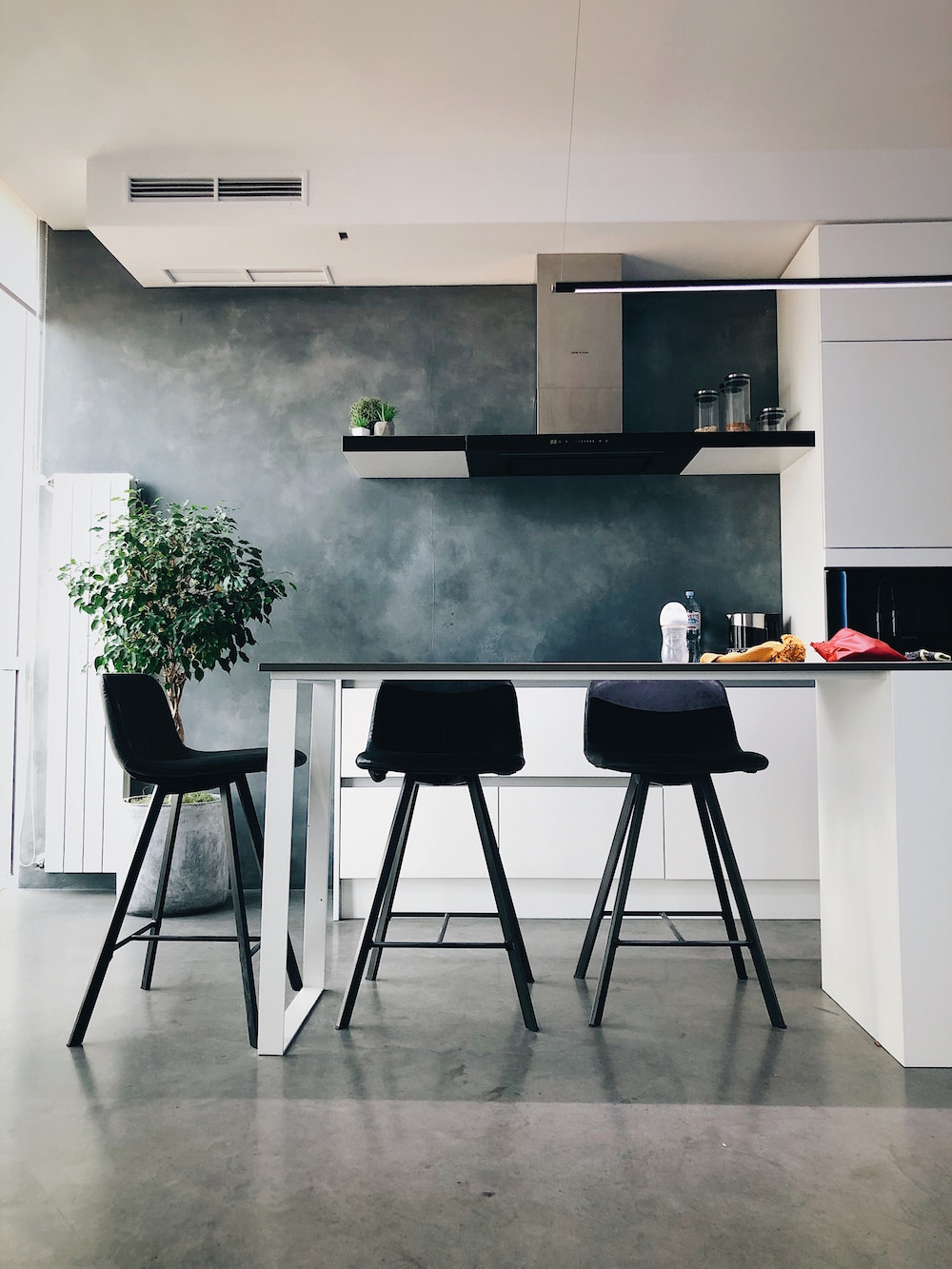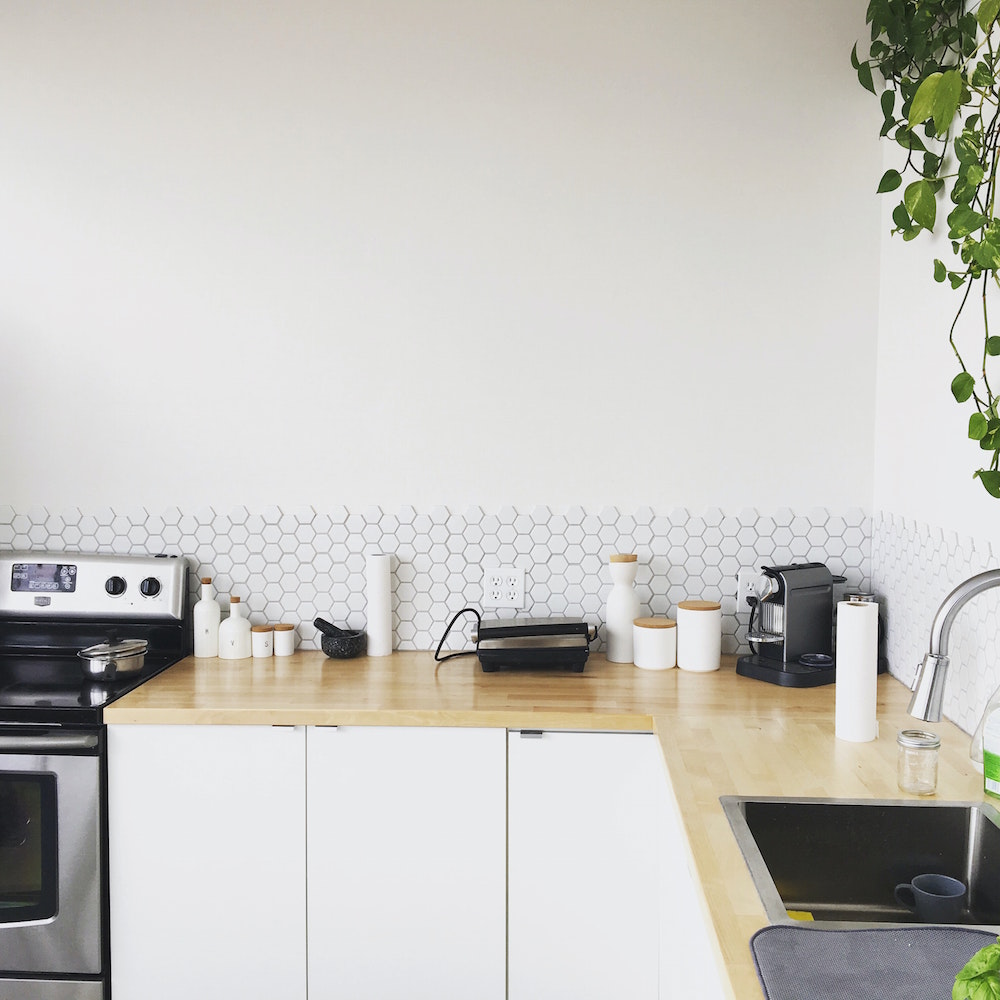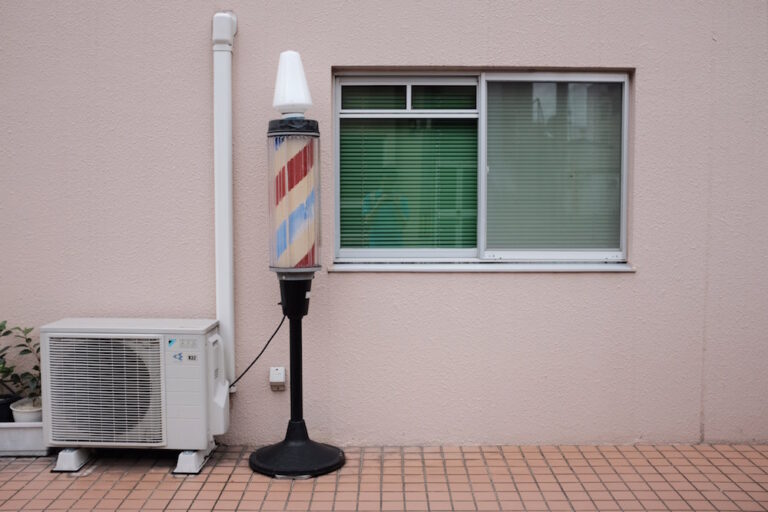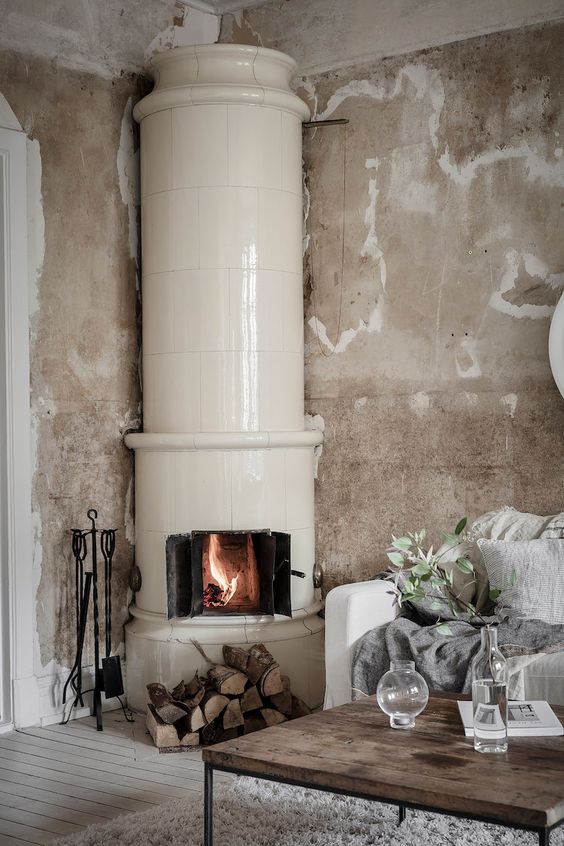How to Maintain Your Kitchen with these 6 Easy Tricks
Our homes need perpetual cleaning. This applies to the kitchen area above all because it can be in constant use. Added to this is the reality that food is prepared and consumed here. We’ve all seen people drop food on the table or floor and quickly pick it up and eat it. The last thing we need is harmful bacteria in the very place where we eat and store food.
This article gives six simple tips for keeping things clean.
Choose the right sink
Some people have one large sink only. It can be easier to clean and rinse things when there is a smaller second one, however. It was interesting to learn from the experts at this website that farmhouse sinks are designed to hold more water. They can be single or double units and can include accessories. Some people have an extra faucet that sprays water, and others one that rinses glasses.
Waste disposal units can also serve a purpose here, getting rid of food items safely, and reducing mess.
Monitor the garbage
Rubbish sacks should be removed on a daily basis. Some fitted kitchens can house built-in bins. They are discreet, tidy, and reduce smells in the kitchen. Many authorities include recycling as part of their rubbish collection. In some instances, there is a bin for general waste, another for paper or card, and a third for plastic, glass, and tin. This should be utilized wherever possible.
Even when rubbish is put into plastic sacks, the indoor and outdoor bins will regularly need to be cleaned inside and out. If you are looking for ways to reduce rubbish or manage it in a more eco-friendly way, consider installing a garbage disposal in your kitchen. Here is a resource to guide your choice. Also, clean the garbage disposal to remove smells and potentially dangerous bacteria. If sinks are slow to drain or getting blocked, address the issue and don’t leave it.
Regularly clean the floor
Spilled water creates a trip hazard; spilled cooking oil makes a skating rink! It can be very dangerous to fall in a kitchen that may have hard floors and people carrying kitchen knives or hot water. Some people have vinyl floors. The covering may curl up at the edges and become dangerous. It’s important to have this glued down promptly.
The floor should be regularly mopped, brushed, or hoovered. If a mop is used over vinyl it’s important to not flood the surface or the vinyl will peel back as previously described.
Clean up as you go
Any dishwasher should be emptied as soon as possible. This will enable worktops to be cleared as dirty items are loaded into it immediately.
All worktops should be regularly cleaned. Some people use a kitchen sponge for washing dishes and cleaning worktops. This is not advisable. When they get dirty, such things become full of bacteria and therefore counterproductive. Anti-bacterial wipes are good for the purpose, or a kitchen cloth that is regularly cleaned or replaced.
Anything that is left to drain should be stacked safely. Kitchen racks are easy enough to obtain. It is cleaner to let things dry naturally than to use dirty tea-cloths to dry them.
Use different cooking boards for different items, and never put vegetables on one that has been used for preparing raw meat. Once one has been used, put it in the sink or dishwasher immediately. Promptly disinfect worktops that have been in contact with raw meat.
Keep tidy worktops
If a person keeps all their small appliances out, the worktop space will be drastically reduced. It is better and safer to keep things like sandwich toasters or coffee makers in cupboards once they have been used.
Rather than leaving fruit on the worktop, keep it in a clean bowl that is regularly wiped. Rather than letting them sit and accumulate dust, put pots and pans in kitchen units, or even hang them on the walls.
Glasses are often put away in cabinets upside down. This poses the risk of exposure to dirt and germs. Always use shelf liners that are regularly washed. Check for rust on such things as can openers or knives. If there is rust on a baking tray, either replace it or put silver foil over the top. Don’t keep cracked glasses or plates either.
Clean the fridge and freezer
Items can be kept here that have gone past their use-by dates. Regularly check everything and dispose safely of anything that is no longer required.
It’s common for people to touch shelves whilst reaching into a fridge. They may remove something, and then start eating. These shelves should, therefore, be regularly cleaned with an anti-bacterial cleaner.
Once all these things have been borne in mind, the kitchen will be a safer and tidier place. There will be fewer germs, fewer smells, and reduced hazards. The household will then be able to enjoy cooking, eating and family time together. Visitors and friends will also reap the benefit.

